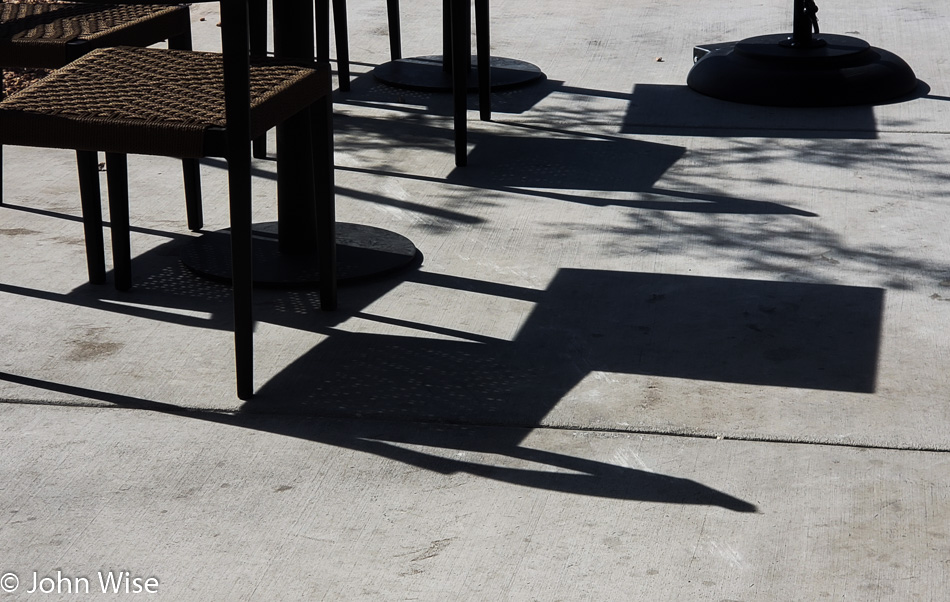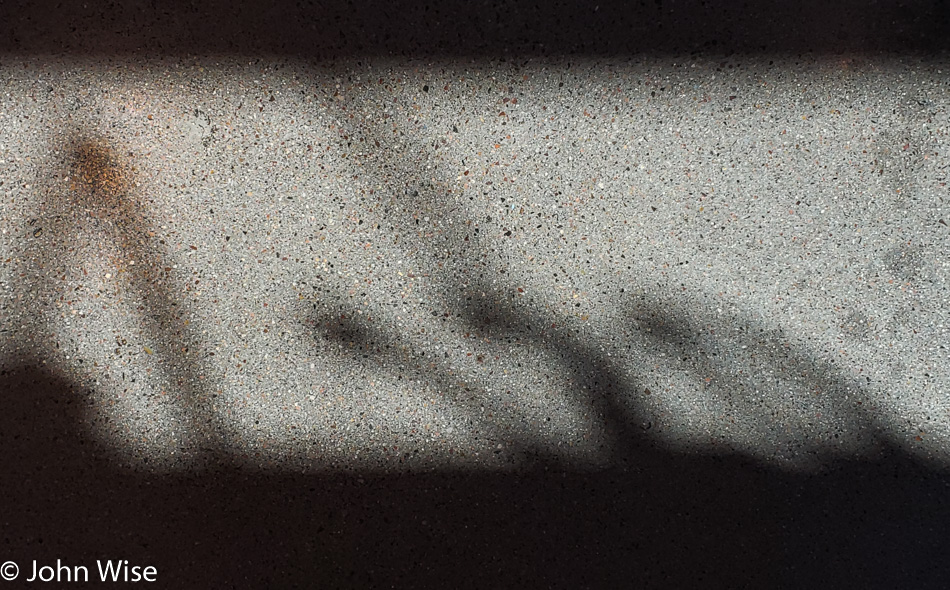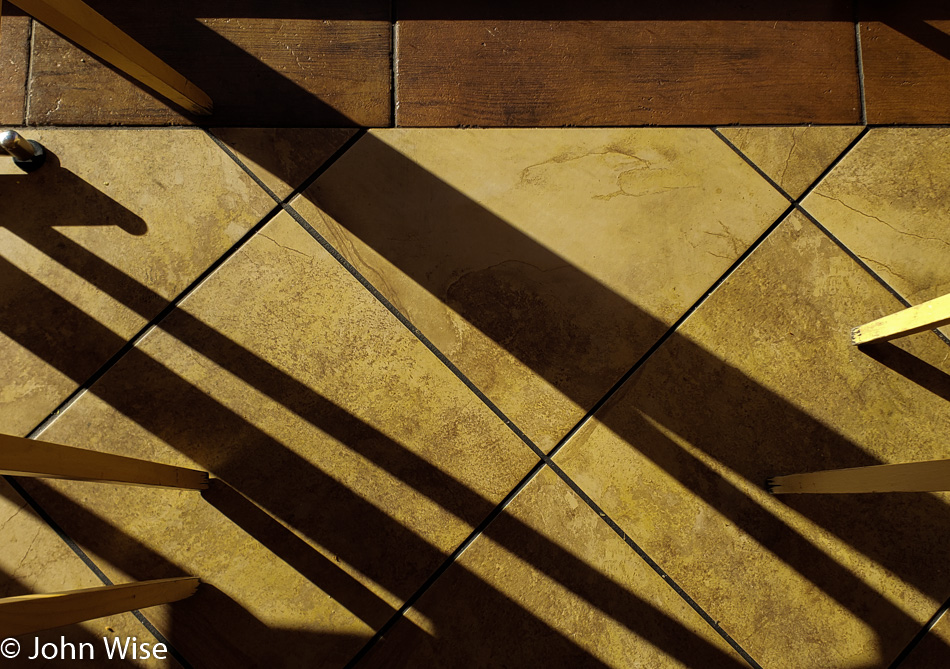
My sadomasochistic existence, as I’ve come to describe it, is not defined through the filter you might be thinking of. This is not 50 shades of John, but it is 50 shades of struggle.
Let me get this out of the way: I love difficulty, while I simultaneously hate difficulty. My ability to adapt to my interests can be a challenge. I want to explore all things complex, obtuse, opaque, and seemingly impossible for my mind of limited bandwidth to handle.
I wanted to know about critical thinking and reason, so I looked to Herbert Marcuse, Theodore Adorno, Nietzsche, and others who all tried to hurt my brain with their musings. I went on to learn about actor-network theory, so I picked up a book from Bruno Latour to help me learn the extent of my own comprehension deficits. Want to learn about infinity? Try David Deutsch, but check your confidence at the door (inside joke). Wow, making music might be interesting, so why not collect 150 synthesizer modules and figure out how they communicate before you can begin making primitive car alarm sounds? Go on vacation? Sure, if it’s at the bottom of the Grand Canyon where I might begin to understand the Great Unconformity, cratons, and rock morphology spread out across two billion years.
Ask my wife about my caveman grammar, and she’ll assure you that I’m an idiot when it comes to punctuation. Without her, everything I wrote above would be in a single run-on sentence with commas everywhere you wouldn’t expect them. Writing isn’t easy, but the words flow through my head, and have to find somewhere to live otherwise, they’d keep falling into people’s ears who couldn’t care less. While I know the eye rolls are signaling that I should stop, my compulsion to keep on talking wins the day for me.
I need a tutor or blue pill that will help me understand the bigger ideas behind deep learning while someone else teaches me soldering. Of course, I looked into soldering classes, but they cost thousands. A tensor-enabled deep-learning workstation starts at around $10k. Then you need time and space to allow these new hobbies to become part of a routine that already involves art, music, writing, travel, cooking, reading, and a wife that I share these things with.
Maybe you are thinking, “Why don’t you start small and solder something simple or explore artificial intelligence on a slower system?” Well, Ben Franklin is quoted as saying, “Life’s tragedy is that we get old too soon and wise too late.” I’m 55 years old and keenly aware of my limited time left on earth and while it may be pessimistic to acknowledge that fact, it does figure into how thin I can spread my attention. My curiosity, though, doesn’t know those bounds, and so I dream of what great new discoveries I’ll be making about myself and life in the future.
So, while my pain of desire to do all things of interest to me will remain a thorn in my side, the enthusiasm to continue on a path of discovery is profoundly satisfying, even when not truly satisfied with accomplishment.




